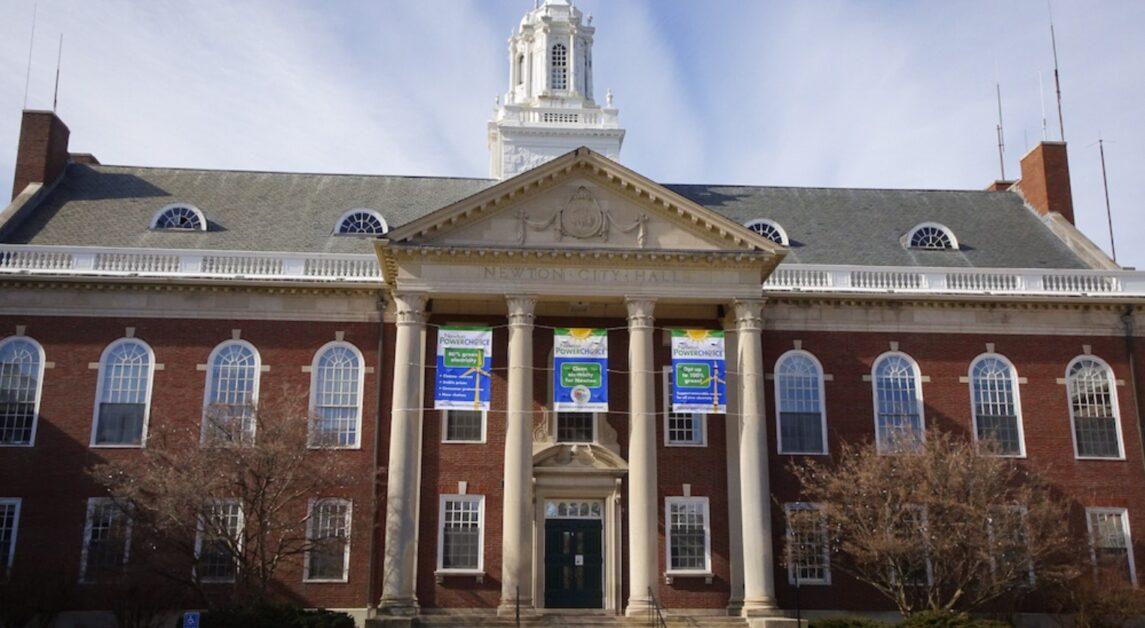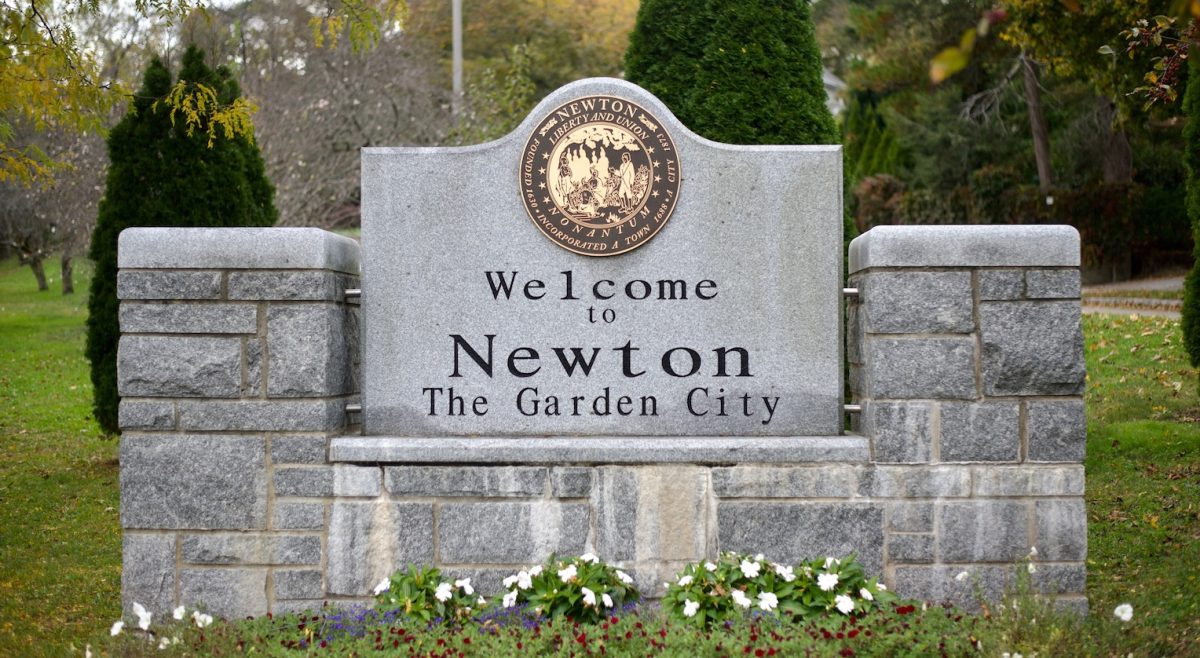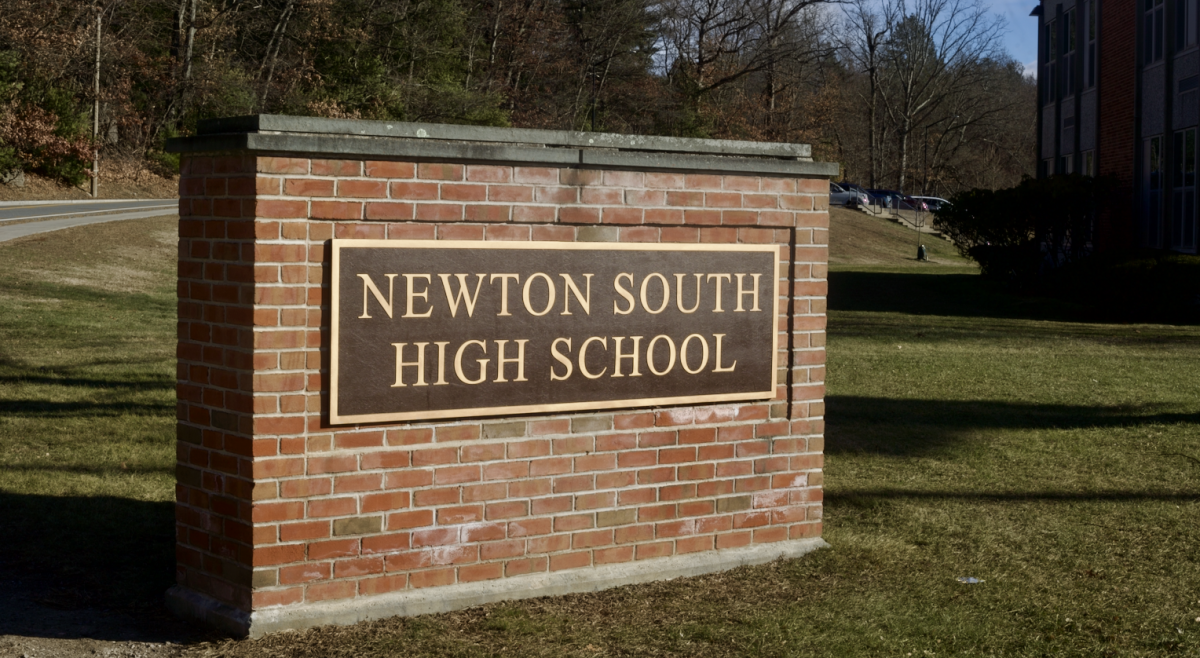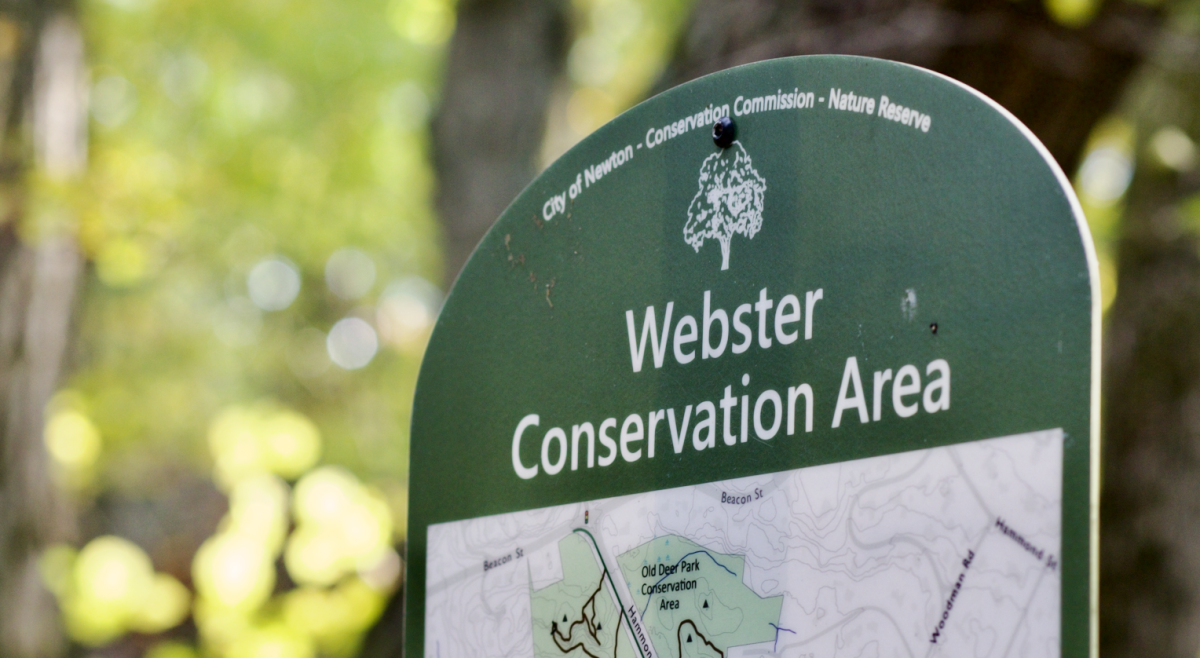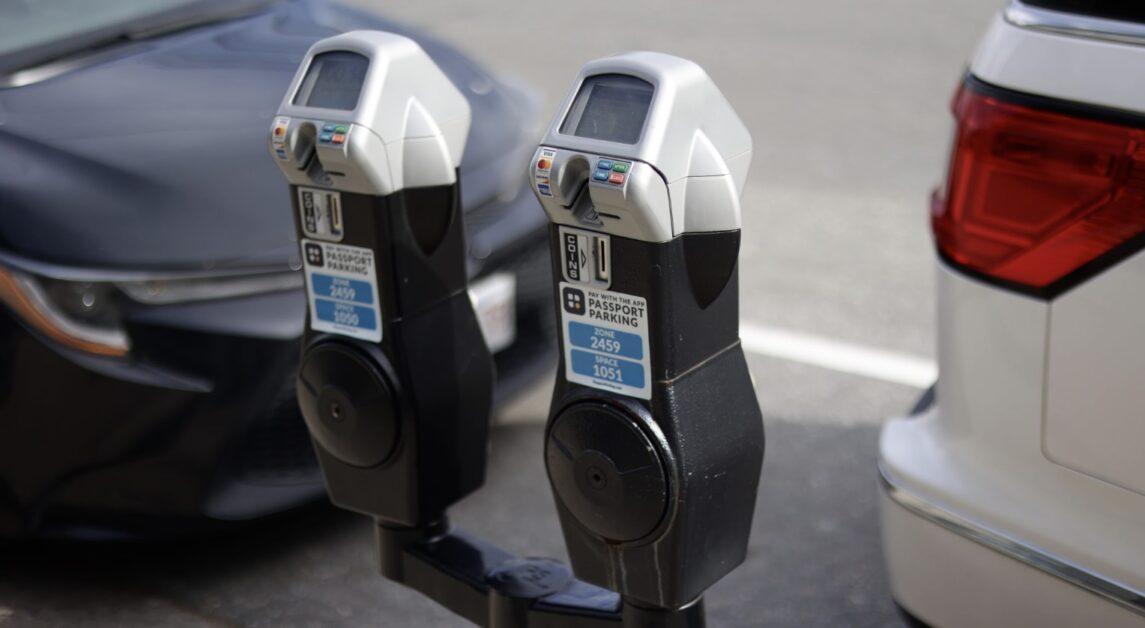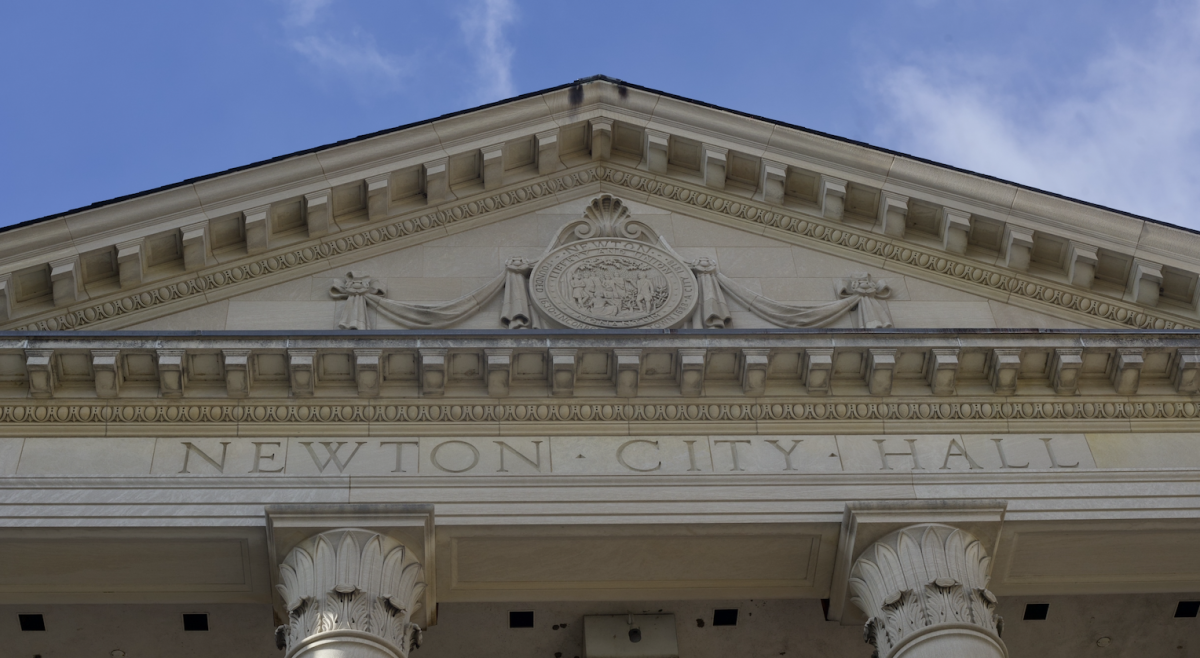One year after acquiring the West Newton Armory, the City of Newton recently took the next step in its development, announcing the developers that will convert the century-old fixture on Washington Street into an affordable housing complex.
“It’s 100 percent affordable housing, some of it deeply affordable,” Newton Mayor Ruthanne Fuller said at an information session about the project on Jan. 26. “It’s environmentally sensitive. It’s for all types of people, from families to seniors, with great wraparound services, and it is so respectful of … the facade of the building and the history.”
In 2020, Newton acquired the armory from Massachusetts for $1 under the condition that the building will be converted to provide affordable housing. The current plan will yield 43 units of affordable housing upon completion.
Newton received proposals from seven developers in the fall of 2021, according to Amanda Berman, director of housing and community in the Planning Department. In December 2021, the city chose Metro West Collaborative Development and Civico Development for the project.
Metro West and Civico shared their vision for the project at their first public information session on Jan. 26.
Founded in 2015, Civico Development has facilitated the development of more than 250 individual housing units, including the Ace Flats in Reading, Mass. and Oriole Landing in Lincoln, Mass., according to Taylor Bearden, a partner of the group.
Metro West Collaborative Development, a non-profit developing corporation, had previous experience working in Newton, including helping the city to dispense nearly $3 million in emergency housing assistance during the COVID-19 pandemic. Metro West has also completed prior development projects in Newton, including 236 Auburn Street.
Caitlin Madden, executive director of Metro West, said all of the 43 units will be affordable housing for households with an income below 60 percent of the area’s median household income (AMI). Of the 43 units, 15 will be available to households earning up to 30 percent AMI and 28 to those earning up to 60 percent AMI.
The building was also designed to include more multigenerational housing, with 65 percent of the units having two or three bedrooms, according to Madden.
“We have proposed [an] all-ages open space,” Madden said. “With our intergenerational theme in mind, we wanted to create a safe, accessible, and usable open space for residents of all ages.”
The new building will preserve and harmonize with the armory’s iconic head house, said Laura Cella-Mowatt, an associate and vice president of Davis Square Architects, which provides architectural consultation on the project. The repurposed head house will also feature an exhibition area detailing the armory’s history.
The city and the developers will spend much of the next two years securing permits and financing, Bearden said. Large-scale construction will not begin until 2025 or 2026. Bearden said that the building will likely welcome its first residents in 2026.
Bearden said that the project is still in its early stages and that the developers welcome public input. The project’s official website contains more information about the project.
“As it is evolving, we are very early,” Bearden said. “We’ve put forth a conceptual plan and intend to evolve that with the input of many stakeholders, so what you see today is not necessarily …what you will see going in front of and getting approved by a board and commission. ”
Featured Image by Keara Hanlon / Heights Senior Staff

